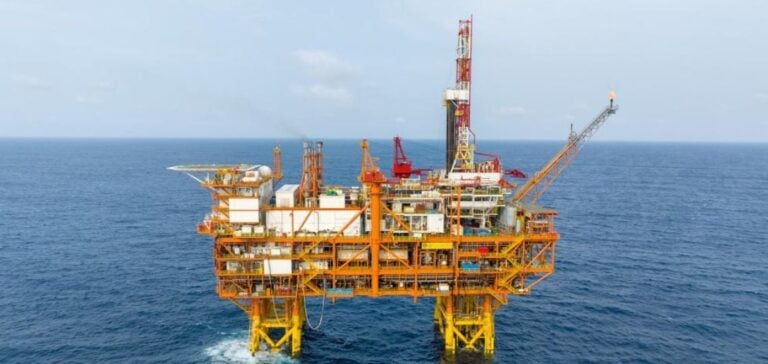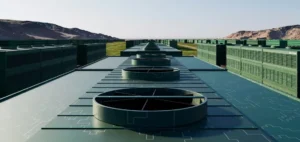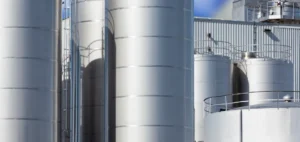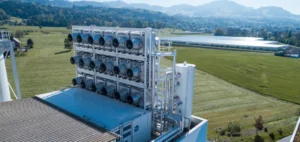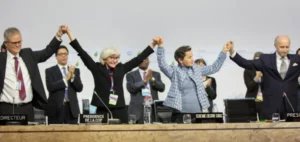The Asia-Pacific region is progressively engaging in the development of carbon capture, utilization and storage (CCUS) technologies, an essential response to the demands of the global energy transition.
However, projects in this region, which includes countries such as Australia, China, Malaysia and Indonesia, face major challenges, including high capture costs and incomplete regulatory frameworks.
At present, natural gas processing accounts for 34% of planned CO2 capture capacity, followed by coal-fired power generation and hydrogen production.
However, capture costs, which can represent between 60% and 70% of total project expenditure, pose significant challenges.
The break-even point is estimated at around $100 per tonne of CO2, making these projects difficult to finance without substantial financial backing.
Regulatory and legal challenges
Specific regulations for CCUS are being drawn up in several Asia-Pacific countries, but uncertainties persist, particularly concerning the cross-border transport of CO2 and legal responsibilities in the event of leakage.
Indonesia, for example, is attempting to adapt its upstream sector contractual structures to frame CCUS, but the regulatory framework remains largely under development.
These challenges are accentuated by the increasingly geopolitical nature of CCUS.
Licensing regimes, liability for CO2 leakage, and uncertainties about the evolution of local laws are major concerns for companies.
The complexity of intergovernmental negotiations required to ensure cross-border cooperation on these projects adds a further level of difficulty.
Economic and Regional Outlook
The financing of CCUS, in particular via carbon credits, is a subject of debate.
Despite these challenges, some countries in the region, such as Japan, have set clear objectives for the development of CCUS. Japan is currently the only Asia-Pacific country with a defined CCUS target, aiming to launch carbon storage projects by 2030. China, with its plan to halve emissions from pilot projects by 2027, could be a key player in accelerating the adoption of CCUS on a large scale.
However, the diversity of approaches and fragmentation of markets complicate the creation of a coherent CCUS ecosystem in the region.
High costs and fragmented regulations hamper the rapid implementation of this technology.
The success of Asia-Pacific’s CCUS efforts will depend on governments’ ability to harmonize their regulations, overcome financial barriers, and make these projects attractive to energy sector investors.


